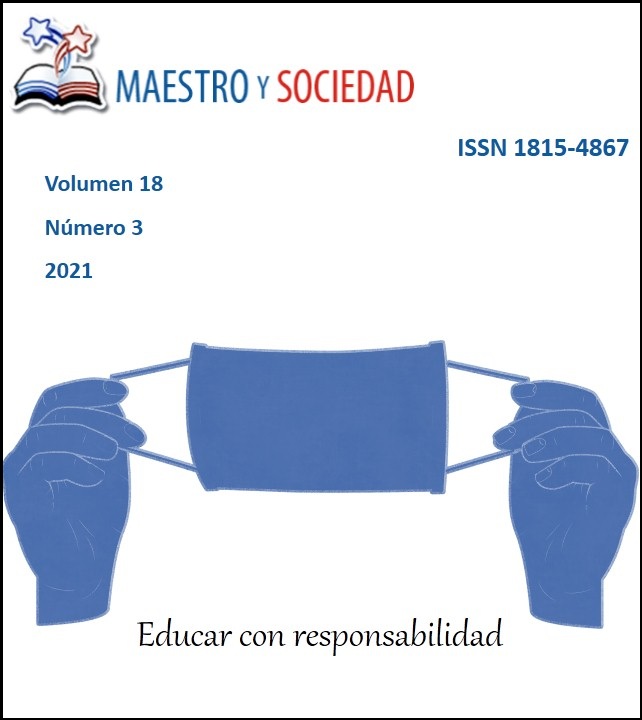Interactive unconventional sports activities in Physical Education classes. Guayaquil experience
Array
Keywords:
Program, games, unconventional sport, interactive activities, Physical EducationAbstract
The present work is the result of research based on professional practice in relation to the Physical Education subject as one of the disciplines that influence the integral formation of the personality from interactive activities of unconventional sports that are proposed from the objective of applying a strengthening program in the teaching of physical education in the baccalaureate section of the Guayaquil Fiscal College through the use of non-conventional sports disciplines that favor the practice of physical activity among students, diversifying their recreational-sports options, for a correct use of free time inside and outside the institution. The methods are combined both behaviorists and constructivists to account for how much the subject changes when through the game their motivations and expectations are taken into account: increased attendance rates of reported students, significant advances in interpersonal relationships and teamwork, sports performance and strengthening of physical skills.
References
2. Battaglia, L. C. (2013). El intercrosse, una propuesta escolar. Recuperado de http://www.memoria.fahce.unlp.edu.ar/trab_eventos/ev.3105/ev.3105.pdf
3. Corrales, A. R. (2010). El deporte como elemento educativo indispensable en el área de educación física. EmásF, Revista Digital de Educación Física, 4, 23-36. Recuperado de http://emasf2.webcindario.com/NUMERO_4.pdf
4. Estrada H., V. E. (2017). Programa de enseñanza para disciplinas deportivas no convencionales en el primero de bachillerato del colegio fiscal Guayaquil. (Tesis de Maestría). Universidad Autónoma de Madrid, España.
5. Fierro Suero, S., Haro Morillo, A. y García Montilla, V. (2016). Los deportes alternativos en el ámbito educativo. Revista de Educación, Motricidad e Investigación, (6), 40-48. Recuperado de www.uhu.es/publicaciones/ojs/index.php/e-moti-on/index
6. Hernández, J. M. (2007). El valor pedagógico de los deportes alternativos. Lecturas: Educación Física y Deportes, Revista Digital, (114). Recuperado de http://www.efdeportes.com/efd114/el-valor-pedagogico-de-los-deportesalternativos.htm
7. Lara, A. J., y Cachón, J. (2010). Kinball: los deportes alternativos en la formación del/la docente de educación física. II Congrés Internacional de Ditáctiques Los deportes alternativos en el ámbito educativo. Recuperado de http://dugidoc.udg.edu/bitstream/handle/10256/3001/491.pdf? f?sequence=1
8. Martinez Ferrer, J. O. (2015). Estudio y protocolización del proceso de inclusión del deporte de competición de las personas con discapacidad en las federaciones deportivas convencionales en el Estado Español. (Tesis de doctora). Recuperado de http://www.url.es/
9. Negret, F. J. (2016). Formación ciudadana, cultura física y deporte: estrategia para una formación de calidad. Rev. Cubana Educación Superior. 35(1). Recuperado de http://scielo.sld.cu/scielo.php?script=sci_arttext&pid
10. Ortí, J. (2004). La animación deportiva, el juego y los deportes alternativos. Barcelona: Inde.
11. Sauri, C. (2005). Juegos tradicionales, del currículum a la clase: teoría y práctica para la aplicación en Educación Física. Sevilla: Wanceulen.
Published
How to Cite
Issue
Section
License
This journal provides immediate open access to its content, based on the principle that offering the public free access to research helps a greater global exchange of knowledge. Each author is responsible for the content of each of their articles.



























 Universidad de Oriente
Universidad de Oriente 